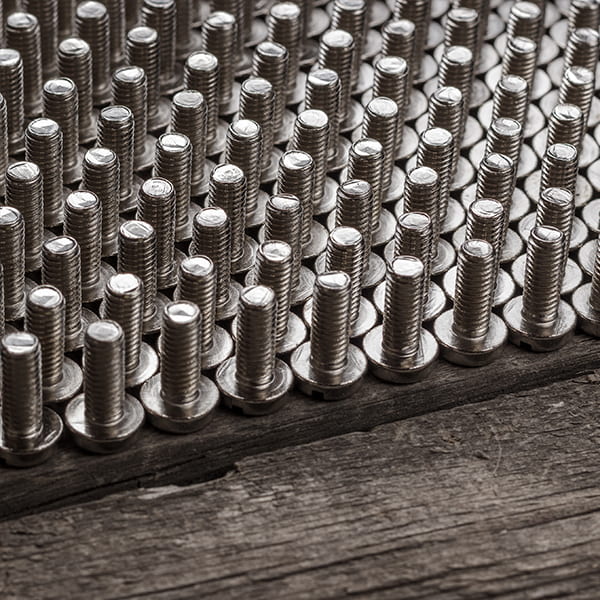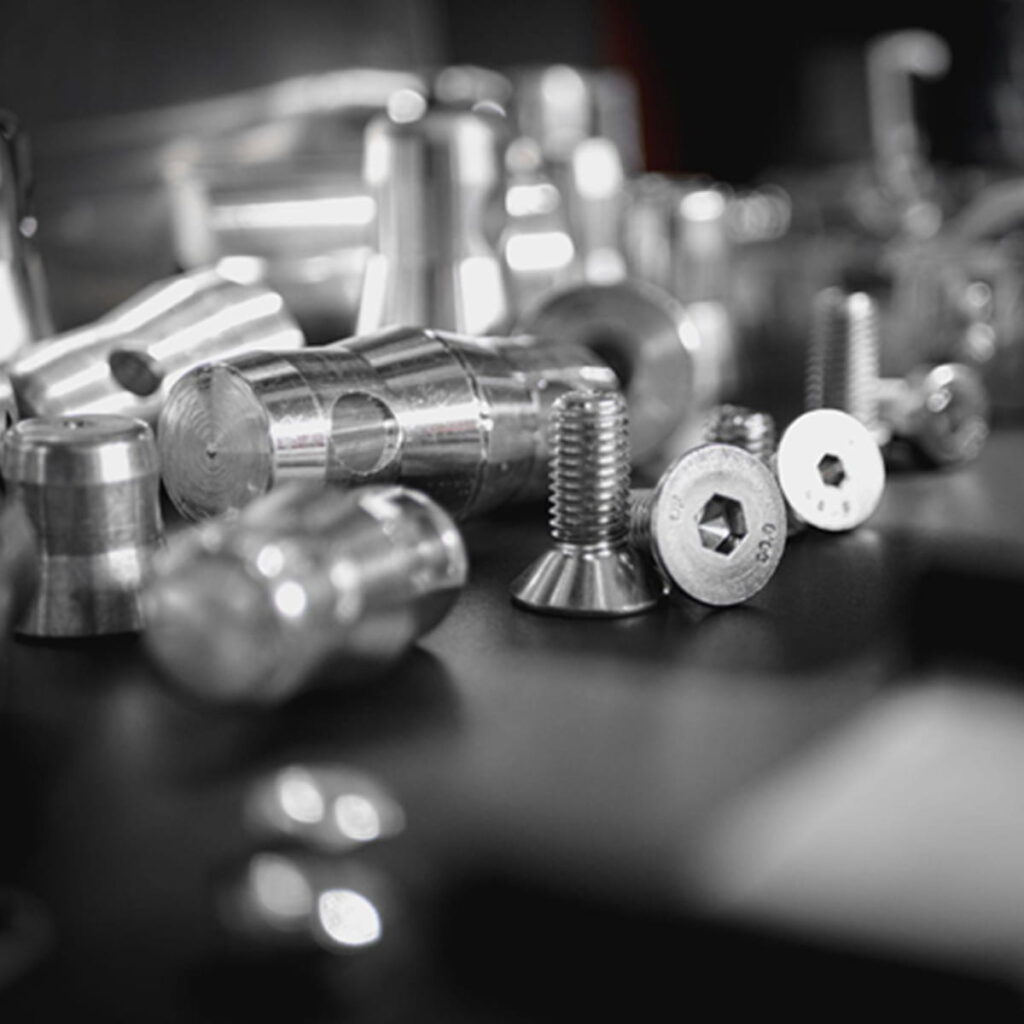Throughout your home, bolts are used to fasten parts together. Whether it’s for furniture, electronic devices or home appliances, these small fasteners are extremely useful and versatile. All bolts work together with a nut to secure them in place, and they can be used across a wide range of different materials.
There are lots of different types of bolts available. While they all work in the same way, small changes to the design have an impact on their function and how they’re used. Coach bolts, also known as carriage bolts, are one such type. So-called because they were designed to be used for horse-drawn carriages, these bolts are still widely used today. Find out more in this full guide.
The Coach Bolt Design
The carriage bolt is unique to other bolts because of its design. It has a much larger head compared to regular bolts and is typically either circular or hexagonal in shape. This large head is domed, and it’s designed so that it cannot be pulled through the material it’s fastened to. The shape of the head makes the bolt particularly useful for woodworking, as wood tends to be softer.
When a piece of wood is subjected to a large amount of force, regular bolts might be pulled through. The design of the coach bolt makes it suitable for a wide range of applications. While they were originally designed for coaches and carriages, you can find coach bolts used in DIY projects, construction and for large industrial purposes.
Although coach bolts are typically used for woodworking, they can be used to fasten metal to wood and metal to metal. They’re ideal for heavy-duty solutions where a regular bolt simply wouldn’t be able to withstand the same amount of force. For this reason, it’s common to see them used at critical structural joins.


Coach Screws
Coach bolts share a lot of similarities with coach screws, which are used for similar purposes. Like coach bolts, these screws have a larger, domed head. They’re typically used for fastening wood and are capable of withstanding a lot of force, making them ideal for lots of different applications.
The main difference with coach screws is that they use a self tapping thread. This means they can be screwed directly into the material without needing to drill a pilot hole first. Thanks to this, they’re slightly easier to use, although may not be suitable for all situations. Before you decide which to use, you need to know what type is suited for your project.
How to Choose a Type of Bolt
Choosing a bolt is a key part of any project you’re working on. It’s always important to use the right tools and equipment if you want it to be successful. There are many different types of bolts and even lots of kinds of coach bolts. These are designed to fulfil unique purposes, so you need to make sure you choose one that fits the work you’re doing.
When you’re looking for a bolt, think about the needs of your project and the type of material you’re using. This will have an impact on which bolts are more effective and will help you choose the size and material of the bolt too. Coach bolts are typically made of steel, but it’s also possible to find brass, black iron and galvanised bolts.
If your project is going to be exposed to the elements, galvanised bolts are your best option, as they’re more resistant to corrosion. You may also want to consider the aesthetics of your project, as bolts that stand out may not be visually appealing.
















